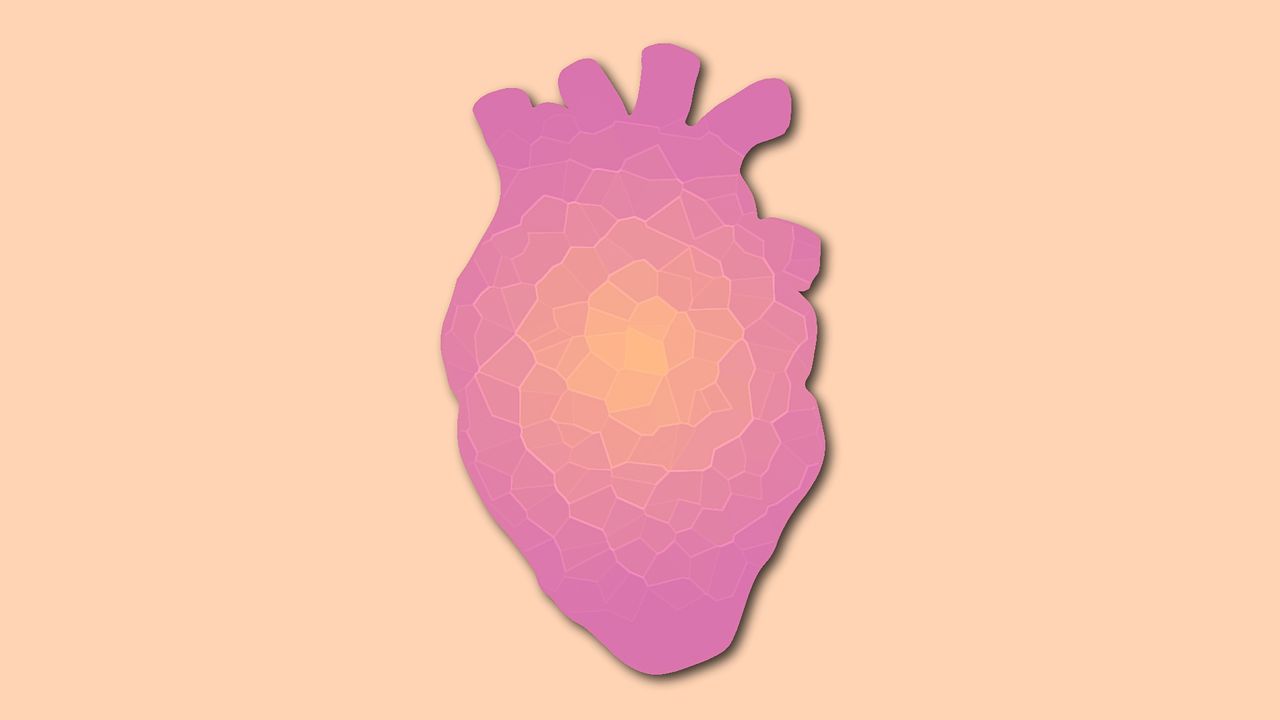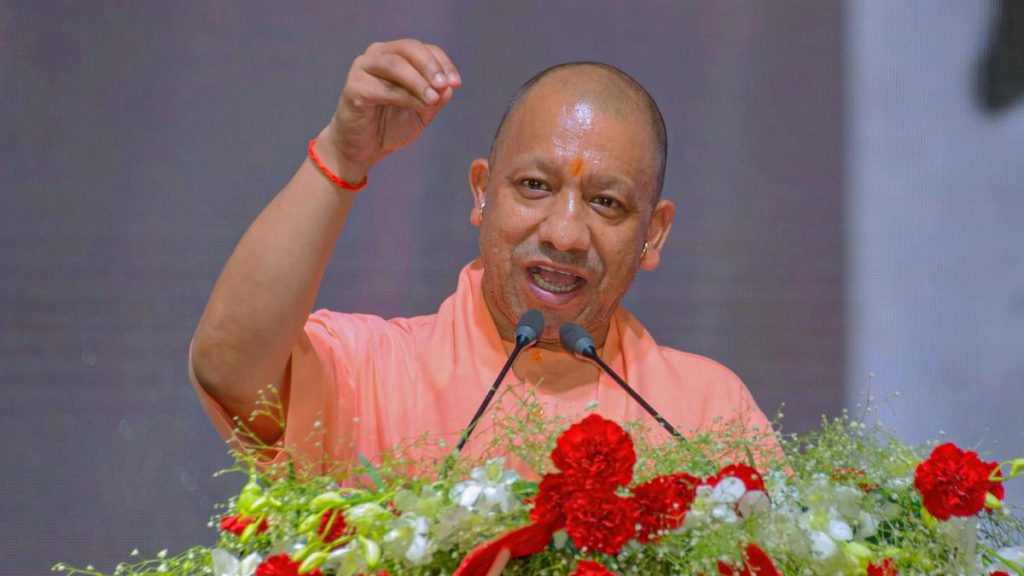Now Reading: Why Is Heart Cancer Rare?
-
01
Why Is Heart Cancer Rare?
Why Is Heart Cancer Rare?

Quick Summary
- Heart cancer is extremely rare,affecting only about 3 in 10,000 people.
- Heart cells divide infrequently after birth, with division rates declining dramatically after age 20. Less than half of heart cells are replaced during an individual’s lifetime.
- the low division rate minimizes DNA replication errors, a major factor in cancer growth.
- the heart’s location offers protection from external cancer-causing factors like UV radiation and inhaled substances.
- Though, the heart’s reduced ability to repair damaged cells can result in limitations when recovering from injuries or disease-related damage.
- Most cases of heart tumors arise due to metastasis (spread of cancer) from other parts of the body rather than originating within the heart itself. Such cancers are frequently enough aggressive but survival outcomes improve with chemotherapy and surgery.
- Understanding how heart cells resist cancer provides insights for developing new treatments and regenerative technologies for both cardiac diseases and cancers.
Images:
- !Image illustrating a stylized geometric depiction of a human heart (Image credit: Olga Pankova via Getty Images)
- !Diagram showcasing cell checkpoints before division (Image credit: openstax, CC BY-SA)
- !Illustration showing the location of the human heart in the chest (Image Credit: OpenStax, CC BY-SA)
Indian Opinion Analysis
The rarity of primary heart cancers stems largely from biological protections such as low cell division rates and anatomical safeguards that limit exposure to external carcinogens. This protective mechanism holds intriguing implications for broader advancements in health sciences-it underscores how regulating cellular behavior could inform strategies against other forms of cancer.
For India-a country grappling with rising incidences across various types of cancers-a focused understanding on minimizing replication error risks could spur newer preventive measures or innovations for treatment approaches universally applied across organ systems. While research into unique conditions like cardiac malignancies may appear niche at first glance, lessons drawn here emphasize how deeper comprehension enables enhanced care protocols beyond oncology alone-benefitting wider areas like cardiology.
Though India remains challenged by disparities between medical accessibility and technological advancement across its vast population base-gains achieved exploring regenerative therapies hold transformative societal potentials over successive decade shaping trends ahead!
Read More: Why is Heart Cancer So Rare?

























